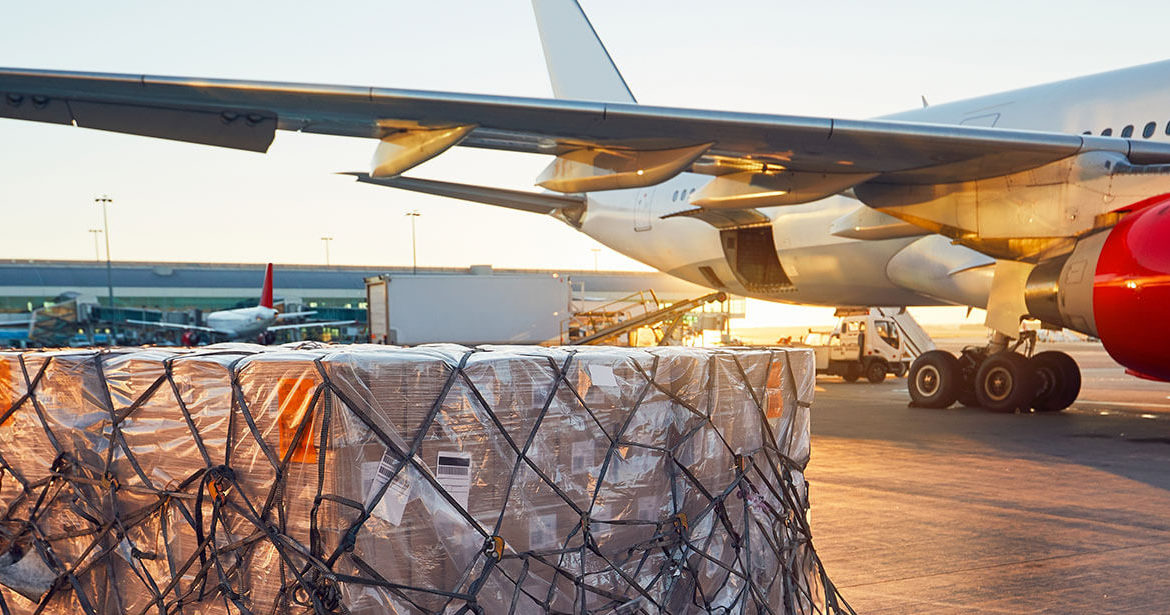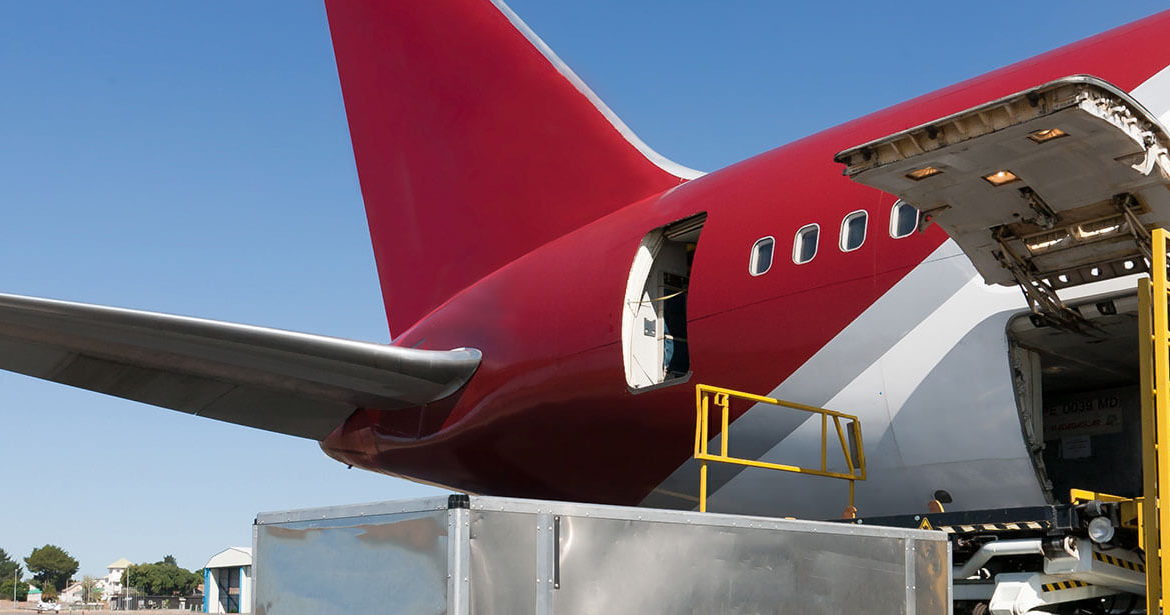Here are some of the top global shipping news stories for October.
For the last several years, the norm has been to hear about port congestion on the US West Coast. However, West Coast ports are reporting their second month of decreased congestion. On the flip side, thanks to typhoons in the East, the ports in China and South Korea are experiencing rising congestion levels. In fact, levels were higher than they were during the pandemic.
Transit times were up by at least 25% in September at the ports of Qingdao, Busan, Ningbo, and Shanghai, with Qingdao experiencing an astounding 59% increase.
Click to read: https://windward.ai/blog/a-reshuffling-of-port-congestion-in-september/
In line with the above, CNBC reports a 20% drop in ocean freight orders throughout September and October. The reason is a drop in demand across many sectors, including apparel. The CEO of United National Consumer Suppliers explains that in part, the reason for the drop is many consumers shifting to off-price or discount stores like T.J. Maxx and Marshalls. That’s leaving retailers of more prestigious brands stuck with inventory.
Click to Read: https://www.cnbc.com/2022/10/03/ocean-shipping-orders-are-signaling-a-big-drop-in-consumer-demand.html
Labor at ports continues to be a global issue for supply chains. From October 11 until October 17, Port of Liverpool dockworkers were on strike—again.
Union officials took action because, in their words, the port operator refused to establish “sensible negotiations.” Instead, officials say the operator tried to intimidate its workers, which is likely a reference to an announcement made by Peel Ports saying that due to a deterioration in volume, 132 dockworkers were issued redundancy notices. South Africa is still dealing with a work stoppage and tensions are high at US West Coast ports.
Click to Read: https://www.joc.com/port-news/european-ports/port-liverpool/liverpool-port-workers-begin-second-pay-strike-talks-stall_20221011.html
The outlook isn’t too merry as we head into the holiday shopping season in the US.
Retailers are still stuck with summer stock thanks to extreme weather events, ongoing labor issues, geopolitical problems, and continuing post-pandemic chaos. For holiday shoppers, this could mean that some retailers try to offload inventory at significant reductions instead of paying to store it—that’s the good news. However, in terms of items that are facing supply chain delays, you can expect costs to rise.
Click to Read: https://www.usatoday.com/story/money/2022/10/10/supply-chain-issues-holiday-shopping-season/8233775001/
The worldwide factory sector is experiencing increasing upward pressure thanks to higher energy prices.
The PMI states that for the first time in five months, September saw average input costs escalating at a faster rate than ever. According to data, supply chain and wage price pressures have calmed down, but energy costs remain at an all-time high. Companies reporting increased costs because of energy prices increased by 4.7 times higher than the PMI’s longest-run average.





